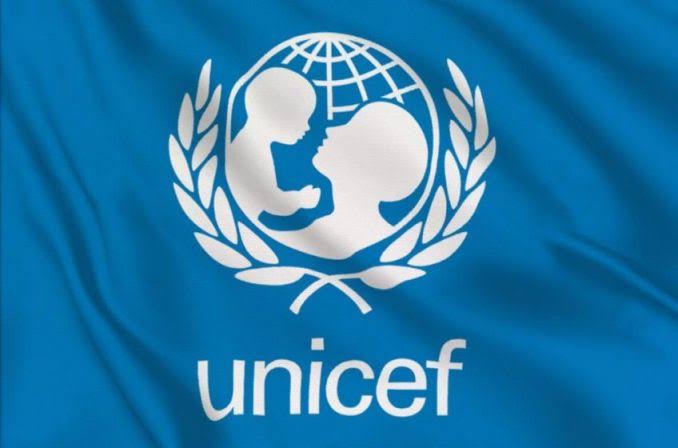By Asmau Ahmad
The United Nations Children’s Fund (UNICEF) has reiterated the need for more investment in teachers, both in time and financial resources, to achieve the Sustainable Development Goals (SDGs) by 2030.
UNICEF’s Education Manager, Mrs Manar Ahmed, said this during a presentation on: Scaling Foundational Literacy and Numeracy in Nigeria, in Kano on Friday.
The event, which is a two-day Media Dialogue on SDGs, was aimed at promoting, protecting, advocating and collaborating with stakeholders for the realisation of children rights in the country.
Mrs Manar said that tackling teachers’ training was not enough but also ensuring action plans for improving teaching and learning under the right environment.
According to her, Nigeria is not lacking the right policy but the country’s staggering learning crisis is one of the lowest globally.
“In sub-Saharan Africa, 87 per cent of children are in learning poverty as they do not have basic literacy by age 10.
“Goal four of the SDGs is to ensure inclusive and equitable quality education that promote lifelong learning and all children by age 10 must know how to read and solve numeracy.
“It is not that Nigeria lacks the right policy but Nigeria is facing staggering crisis with learning outcomes being one of the lowest. So, 70 per cent of the children in school are not achieving basic foundational skills,” she said.
She added that 27 per cent of teaching staff in Nigeria where unqualified as qualified teachers were in short supply.
She said there was the need to learn to read in order to read to learn to achieve the SDGs by 2030.
She, therefore, commended the country for her role in making huge change since 2017 when the national assessment of learning outcomes was carried out.
She said more needed to be done to achieve the 17 goals of the SDGs by 2030 as government allocation to education must be increased.




